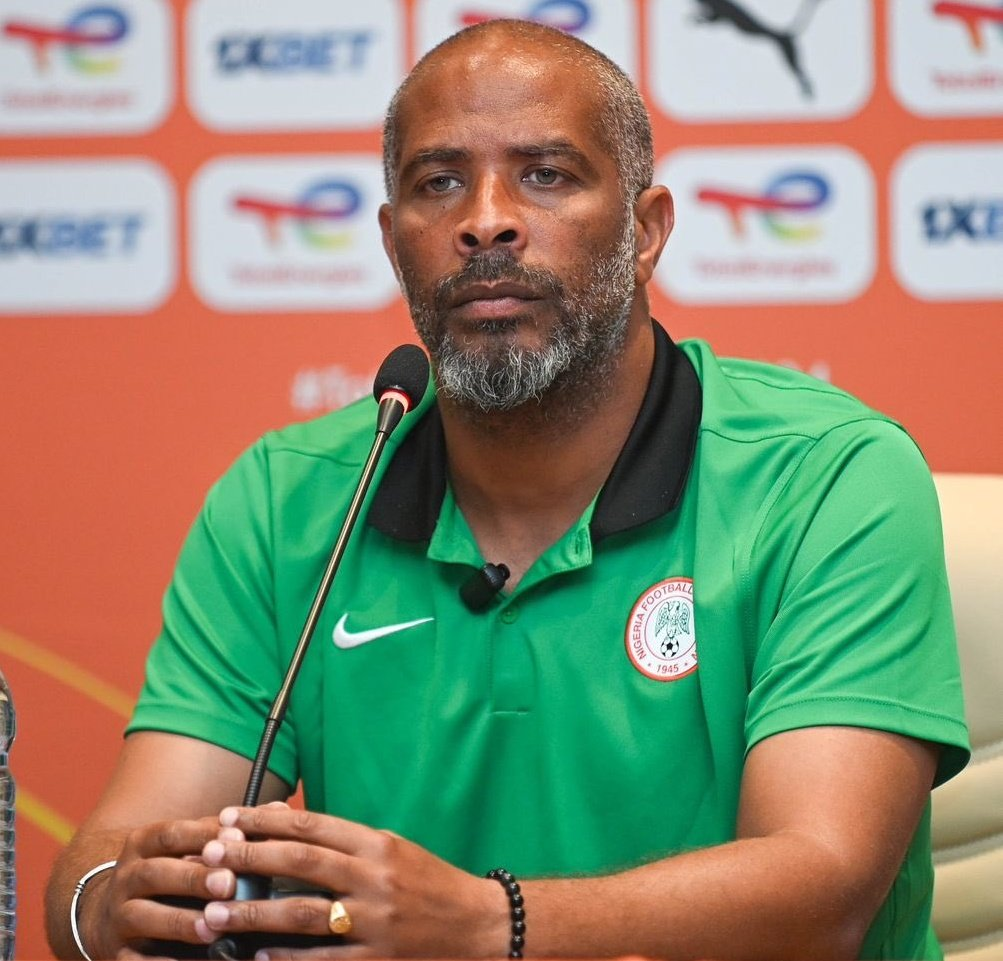Over a million people are now without jobs after the Nigerian Federal Government abruptly and indefinitely suspended the N-Power program, raising serious concerns about the country’s already precarious employment situation.
Origins of the N-Power Program
In an effort to combat youth unemployment, the N-Power program was launched during the administration of former President Muhammadu Buhari. The program has onboarded over 1.5 million unemployed Nigerian youths, mostly graduates, with a monthly stipend of N30,000. The initiative was designed to offer structured work, skill development, and a tactical exit to a variety of career pathways.
Suspicions of Irregularities
In a live TVC News interview, the Minister of Humanitarian Affairs and Poverty Alleviation, Betta Edu, announced the programme’s indefinite suspension, citing significant irregularities.
Edu stated, “We must go back to look into N-Power and understand what the problems are; so we will basically suspend the programme for now until we are done with proper investigation into the utilisation of funds by the N-Power programme.”
She highlighted instances where beneficiaries, who should have exited the programme in 2022, were still on payroll and even claimed to be actively teaching in schools. Yet, upon verification, approximately 80% of these individuals were found not to be working at all.
Meanwhile, the N-Power scheme is no stranger to controversies. In December 2022, a statement from the humanitarian ministry confirmed that investigations were underway related to allegations of fraud within the programme.
The ministry had said, “When it came to our notice that there might have been sharp practices by some personnel of the payment service provider involved in the payment processes of the beneficiaries, the matter was immediately referred to the ICPC for a thorough investigation.”
This response showcased the ministry’s commitment to reinforcing its systems, ensuring transparency, and working in close collaboration with ICPC for the successful determination of the investigation.
With many N-Power beneficiaries holding teaching positions in primary schools across the country, the suspension raises concerns about the education sector’s stability and the fate of these unemployed individuals.
The programme’s abrupt suspension adds another layer of complexity to Nigeria’s economic and employment challenges, as the nation grapples with ensuring the transparency and efficiency of its social programmes.
Ada Peter



























